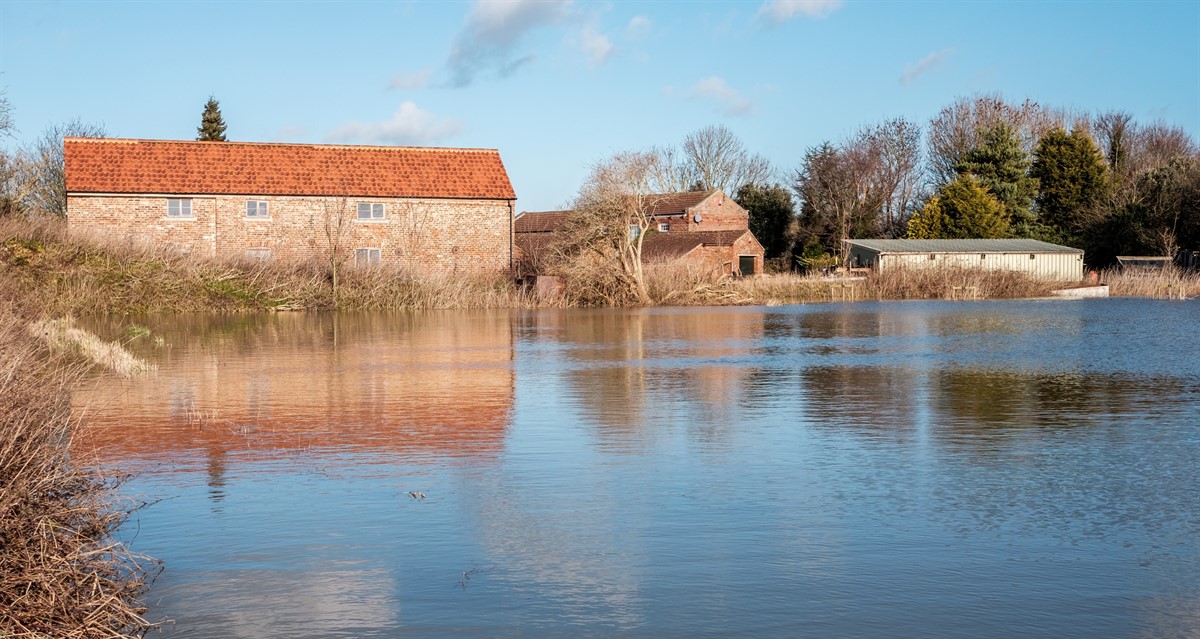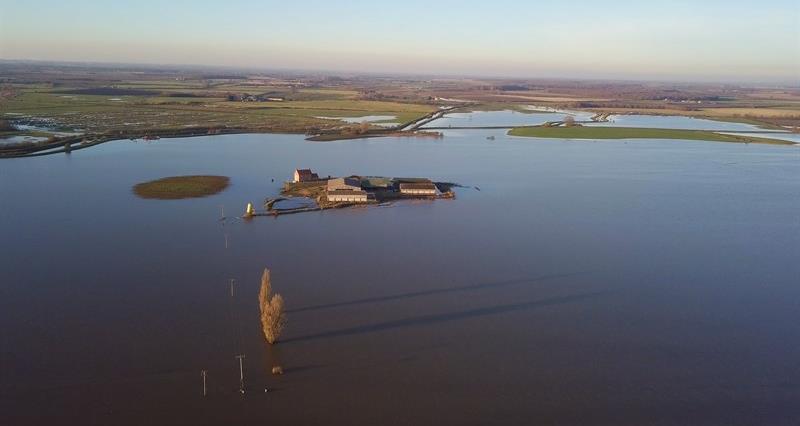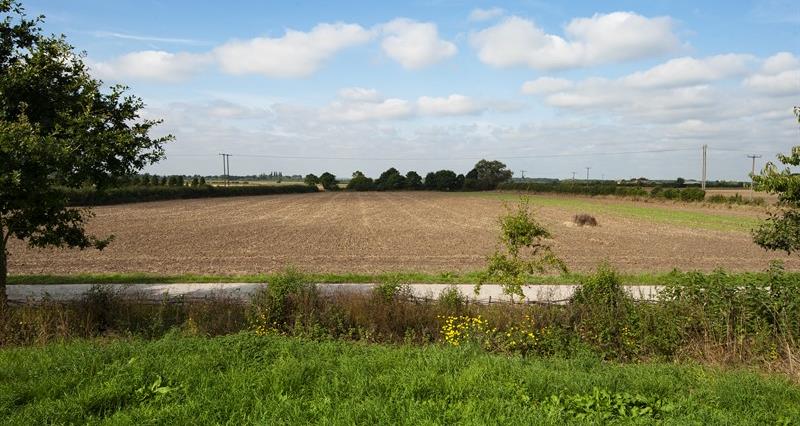EA (Environment Agency) chief executive Sir James Bevan and Defra minister Rebecca Pow launched the FCERM (Flood and Coastal Erosion Risk Management) Strategy Roadmap at the 2022 Flood & Coast conference in Telford on 7 June 2022.
We are one of the wide range of partners involved in the development of the roadmap, which sets out the practical actions needed to increase resilience to flooding and coastal change.
One of the actions we’re taking is to work with the EA to build a Rural Resilience Partnership to help improve flood resilience in rural areas.
NFU Environment Forum chair Richard Bramley said: “Farmers and landowners are already working hard to adapt their businesses to make sure they are more resilient to flooding and coastal change.
“The NFU is working with the EA to establish a Rural Resilience Partnership focused on helping farmers and growers adapt to a changing climate.
“Together we will develop ways which farming practices can improve flood resilience in rural areas alongside sustainable food production.”
You can hear directly from Richard in the EA video below explaining the actions in the roadmap (at 4 minutes, 38 seconds in).
FCERM strategy – next steps
Published in 2020, the FCERM strategy was a major step forward. It set a long-term vision for 'a nation ready for, and resilient to, flooding and coastal change – today, tomorrow and to the year 2100'.
The FCERM Strategy Roadmap to 2026 builds on the positive steps included in the first-year action plan published in May 2021. It describes how the strategy, its objectives and measures will be translated into practical action over the next four years, and what will be different as a result.
The EA is delivering the roadmap in conjunction with partners including local authorities, local drainage boards, farmers, environmental groups, infrastructure providers and the insurance sector.
Actions in the roadmap include:
- Developing a new national assessment of flood risk from rivers, the sea and surface water that will provide better data and mapping to inform future risk and investment decisions.
- Working with Ofwat to ensure that water company assets are resilient and contribute to better flood risk outcomes.
- Working with Natural England, the Wildfowl & Wetlands Trust, and other partners to collate evidence and case studies to help mainstream nature-based solutions that enhance flood and coastal resilience and nature recovery.
- Working with the Environment Agency’s supply chain to ensure all flood and coastal projects adopt low carbon technologies that contribute to zero carbon targets.
- Continuing to improve the Environment Agency’s digital tools for people to check their flood risk and sign up to flood warnings.
Delivery of the actions in the roadmap will:
- Ensure that new homes will be safe from flooding.
- Maximise the use of nature to enhance flood and coastal resilience while aiding nature recovery.
- Improve the flood resilience of roads, railways, and other vital national infrastructure.
- Ensure the delivery of environmental improvements and sustainable growth as part of flood and coastal projects.
- Enhance flood forecasting and warning services to help people be better prepared to respond to flood events.
- Support building back better to reduce the damage and disruption caused by flooding.
- Work with communities and local partners to develop long-term plans to manage future flooding and coastal change and adapt to future hazards.


